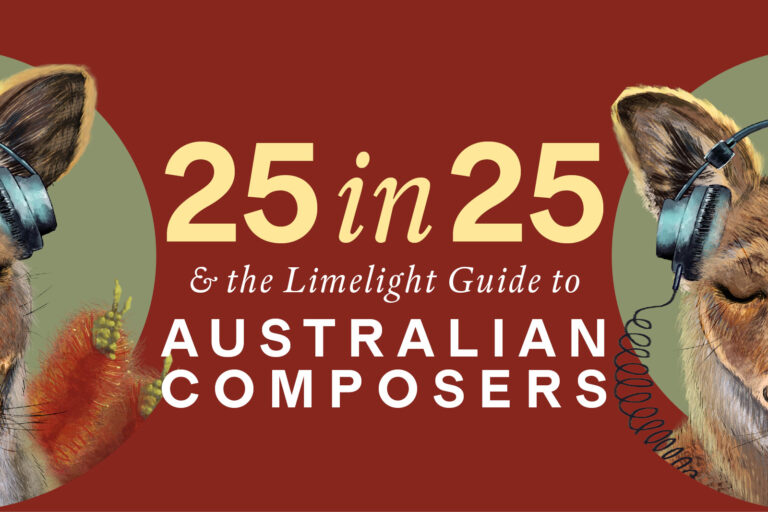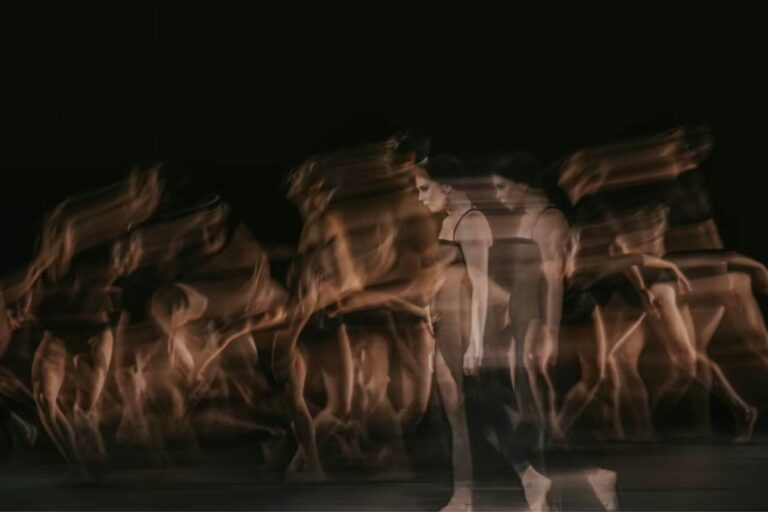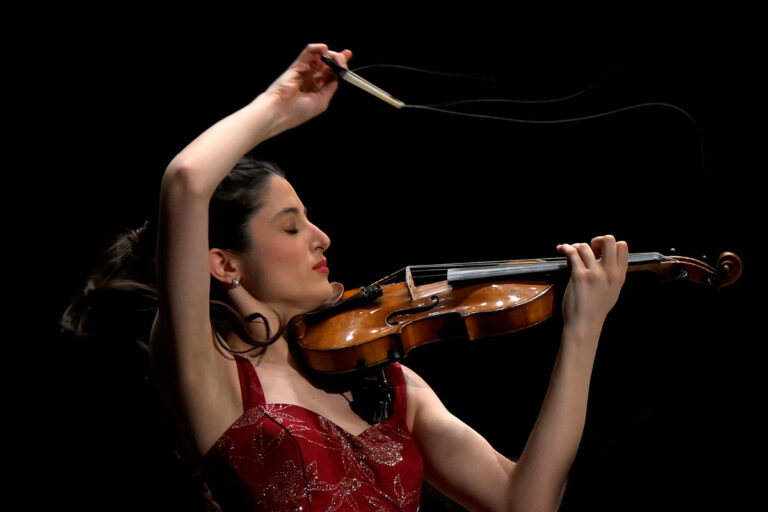Jean-Efflam Bavouzet has arranged his cycle of Beethoven piano sonatas chronologically in order of composition, meaning this final instalment encompasses the biggest of Beethoven’s hitters: the Appassionata, Hammerklavier and Opus 109, 110 and 111 included.
I think it’s fair to say that Bavouzet’s approach has divided opinion. If Artur Schnabel or Emil Gilels are your go-to Beethoven pianists, then Bavouzet’s lean-and-mean textures – apparently achieved with a minimum of pedal, and fingers so transparent that they must be see-through – locate other impulses inside this music which might not appeal. Known primarily as an interpreter of Debussy and Ravel, Bavouzet views Beethoven as not just a progressive, but also a Modernist. This Beethoven is determinately non-sentimental (as already demonstrated by Bavouzet’s chilling, near-dystopian take on the Moonlight Sonata in volume 2 of his cycle) with a knack of clarifying form by emphasising moments of fracture. Bavouzet clearly follows a lineage of French Beethoven that begins with Yves Nat and hits peak chichi streamlined Modernism as Pierre-Laurent Aimard records the concertos with Harnoncourt. Except that Bavouzet remains his own man.
So much to enjoy here, so much that makes me want to listen again. Perhaps perversely I began my deep dive into...
Continue reading
Get unlimited digital access from $4 per month
Already a subscriber?
Log in










Comments
Log in to start the conversation.